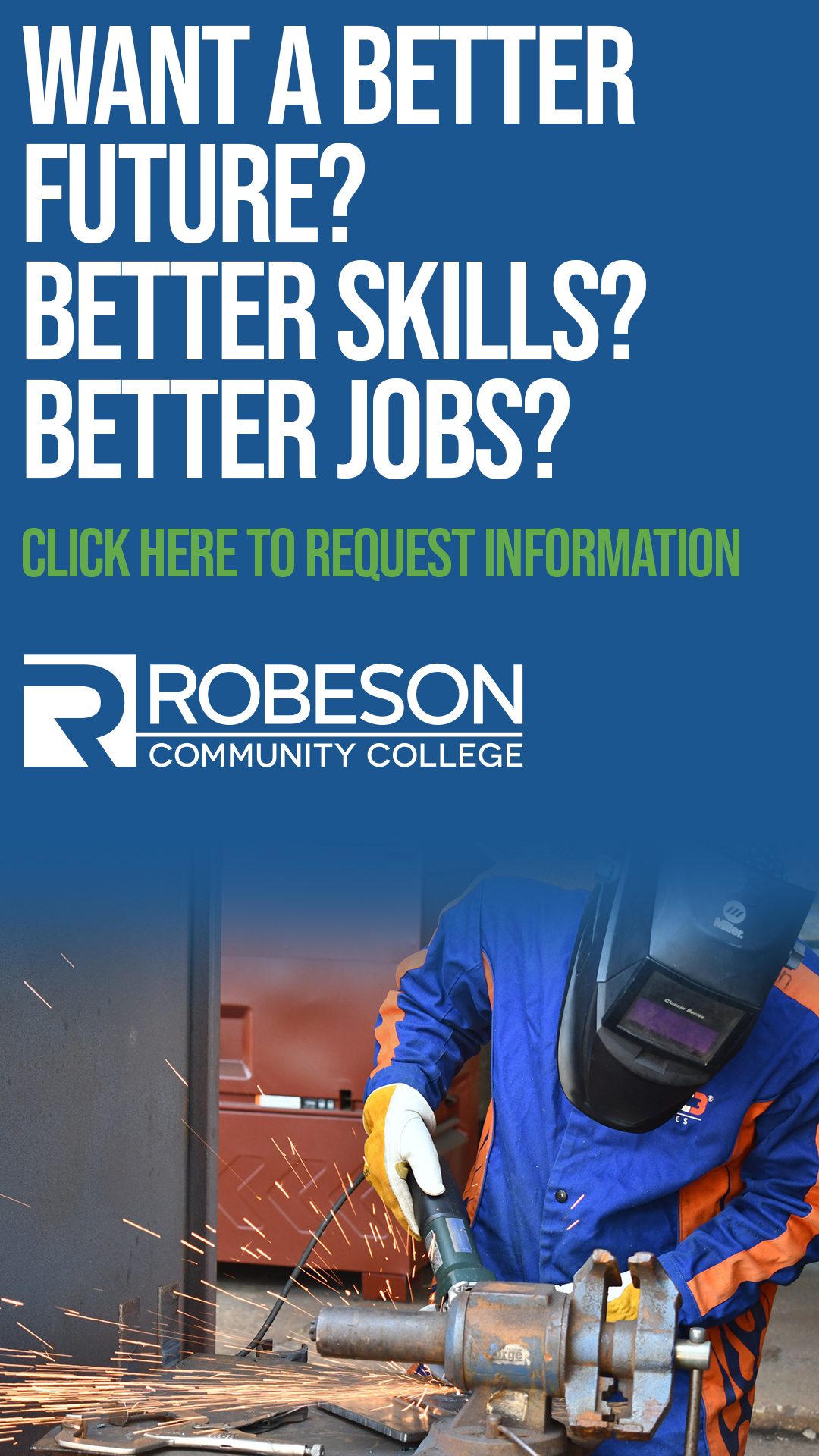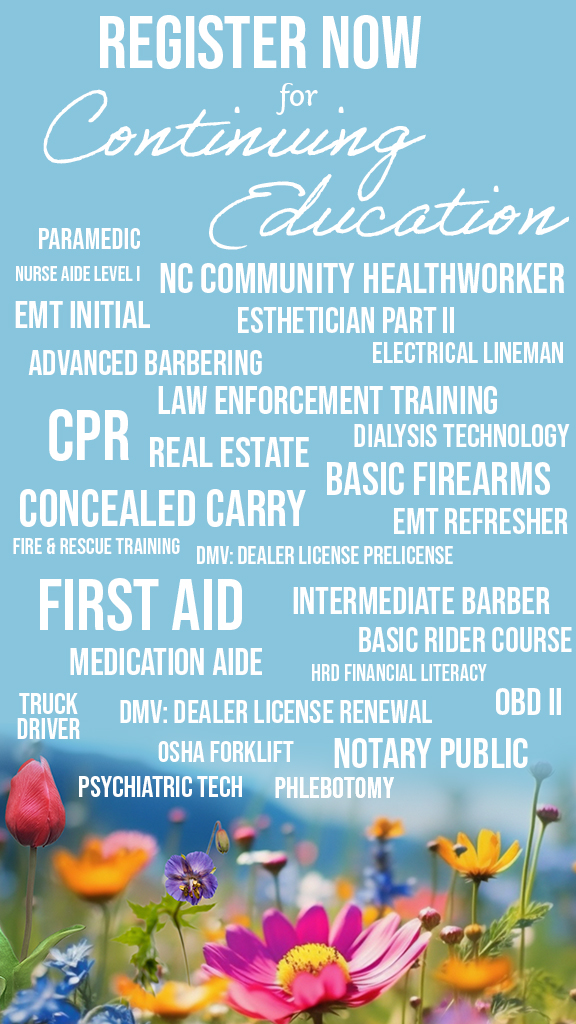Primary Prevention and Awareness Campaigns
Primary Prevention and Awareness Campaigns
All students and employees within our campus community deserve to feel safe and supported. Robeson Community College prohibits the crimes of sexual assault, domestic violence, dating violence and stalking and works year-round to provide you with education, tools, and resources to recognize concerning or harmful behaviors and strategies for intervening or to help others get the support they need.
As part of these efforts, Robeson Community college provides primary prevention and awareness campaigns for all incoming students and new employees as well as ongoing prevention and awareness campaigns for all Students and employees.
What’s the difference between primary prevention and awareness?
Primary Prevention
Primary prevention programs are those that are intended to stop dating violence, domestic violence, sexual assault, and stalking before they occur through the promotion of positive and healthy behaviors that foster healthy, mutually respectful relationships and sexuality, encourage safe bystander intervention, and seek to change behavior and social norms in healthy and safe directions. In the descriptions of our programs below, you’ll get a sense of what programs focus on these ideas and encourage you and your peers to intervene if appropriate.
Awareness Programs
Awareness programs are programs that are community-wide (anyone can access) or audience-specific (targeted towards a certain segment of our community or students or employees specifically) that increase your knowledge and share information and resources to prevent violence, promote safety, and reduce perpetration. Our awareness programs may address primary prevention specifically, but may also raise your own knowledge about these types of crimes and how they can impact a campus community.
In the descriptions of our programs below, you’ll get a sense of what programs focus on these ideas and encourage you and your peers to intervene if appropriate.
What is bystander intervention?
Bystander intervention involves safe and positive options that might be carried out by an individual or individuals to prevent harm or intervene when there is a risk of dating violence, domestic violence, sexual assault, or stalking.
Bystander intervention includes:
- Recognizing situations of potential harm;
- Understanding institutional structures and cultural conditions that facilitate violence;
- Overcoming barriers to intervening;
- Identifying safe and effective intervention options; and
- Taking action to intervene.
You’ll learn more about these options in the programs described below, but here are a few strategies for bystander intervention to consider:
Being a Proactive Bystander
A Proactive Bystander is someone who recognizes a problem early on and decides to offer assistance. If you know someone who might be in an abusive relationship, you can help.
- Tell the person that you are concerned.
- Actively listen and respond positively and sensitively
- Offer your friendship and support.
- Encourage the person to seek counseling
- Let them know that this type of behavior isn’t normal
Being a Reactive Bystander
A Reactive Bystander is someone who decides to positively intervene in hopes of deescalating the situation.
- Get Help! Contact Campus Police or other authorities
- Create a distraction
- Offer to take the victim to a safe location
- Avoid any confrontations with the abuser. This could be dangerous for you and the victim
These programs are comprehensive, intentional, and integrated programs, initiatives, strategies, and Campaigns intended to end sexual assault, domestic violence, dating violence, and stalking. Below is information on the programs we offer. For more information on some of these offerings, visit or call Counseling and Career Services Office or Title IX Office.
| Program Name/Description | Who is it for? | When/How can I access it? |
| Vector Solutions – Safe Colleges is a one-stop solution to train students, staff, and faculty to confront and prevent serious campus problems. This program equips faculty, staff, and students with the skills to create a community of belonging and the confidence to act inclusively through interactive online training courses. Positively impact learner attitudes, behaviors, and beliefs to create a safer, healthier campus with proven-effective training. Improve knowledge, perspectives, and skills among faculty and staff with critical prevention and compliance online training. |
Students/Employees |
Vector Solutions (Safe Colleges) for Students Vector Solutions (Safe Colleges) for Employees
|
|
VEEP – North Carolina Youth Violence Prevention Center – NC – YVPC VEEP addresses victims of school-related crime such as bullying and teen dating violence, child abuse, domestic violence and sexual assault crime. Victims are often living in poor, rural and ethnically diverse under-served communities with little access to support services. VEEP staff assists by training and implementing a research driven model for school staff, law enforcement and United Way partner agencies to avoid further victimization of the clients they serve. |
Students/Employees |
|
|
Southeastern Family Violence Center SFVC uses a philosophy of empowerment. We provide options for individuals to choose the best path for themselves. In 2020, SFVC is looking to operate another full year as a comprehensive agency and provide services to all populations represented within our community. Our goal at SFVC is to strengthen the family because we believe strong families build strong communities. |
Students/Employees |
|












